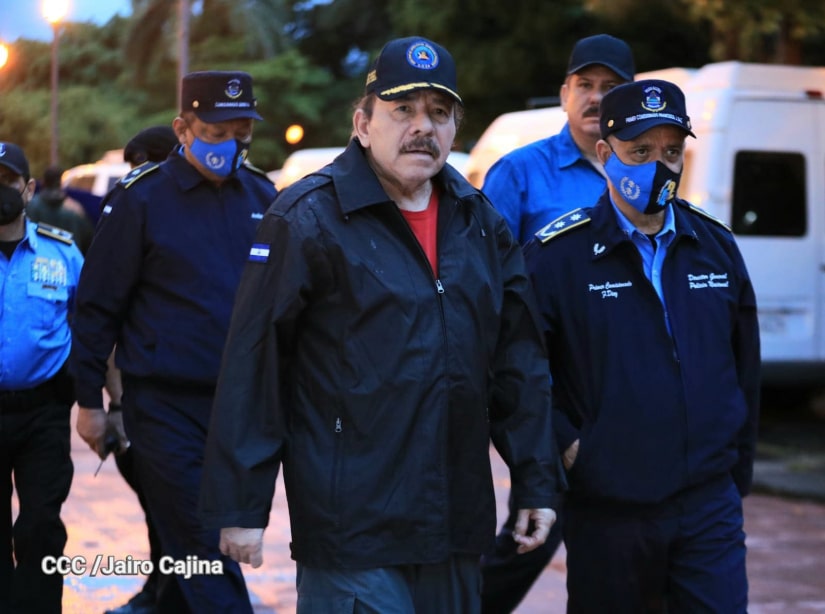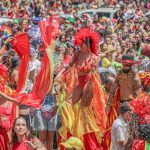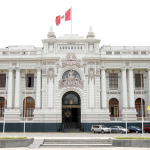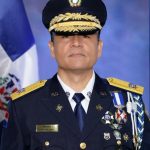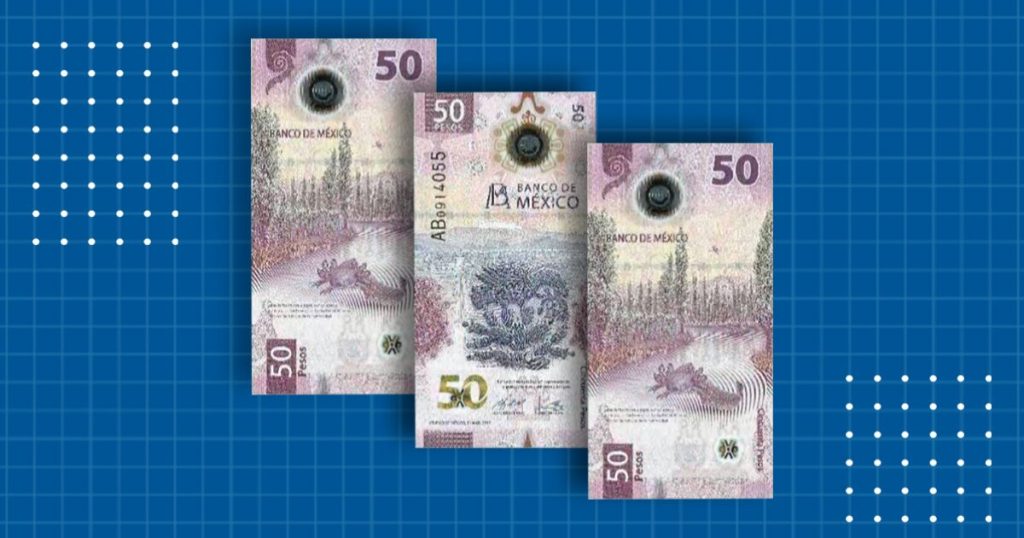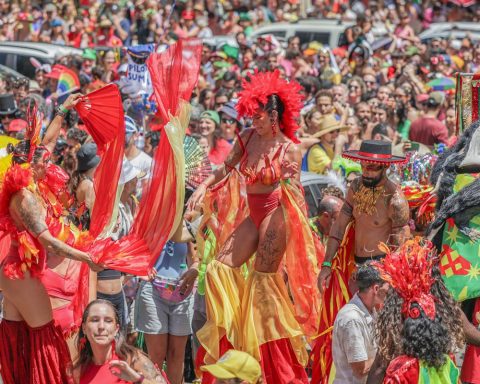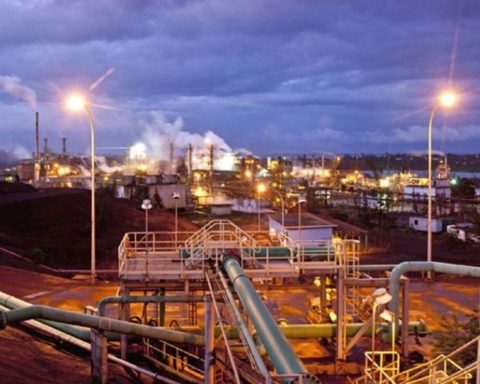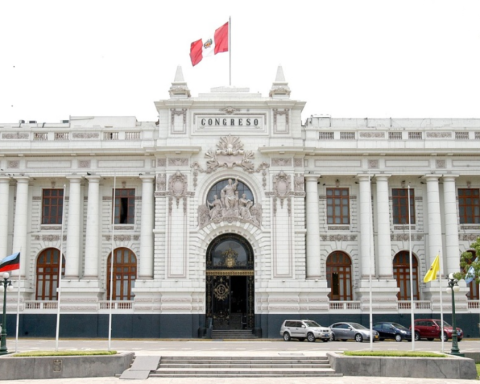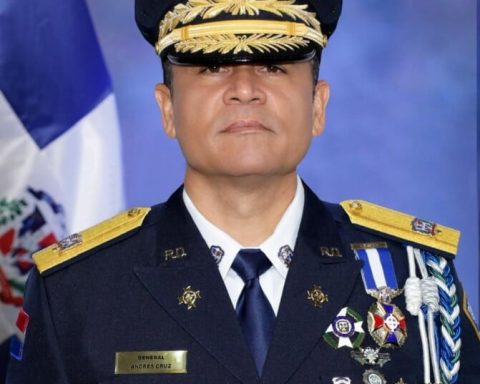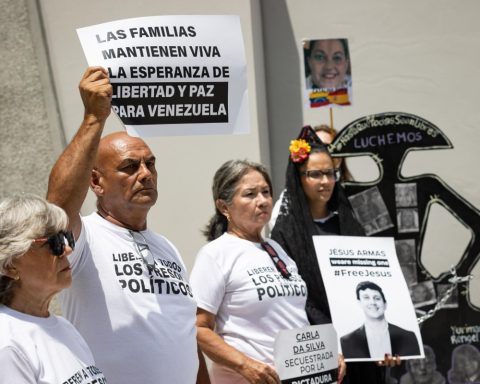A study by the Inter-American Commission on Human Rights (IACHR) determined that the concentration of power in the Nicaraguan Executive, led in the last 13 years by Daniel Ortega and Rosario Murillo, has facilitated the imposition of a police state in Nicaragua.
“The different functions of the State do not correspond to separate, independent and balanced bodies. All powers are aligned with the Executive, so they do not represent limits to the exercise of power or prevent arbitrariness ”, concludes the study “Concentration of Power and Weakening of the Rule of Law in Nicaragua”.
The report indicates that the current situation has been gestated since 1999 with the pact between Ortega and Arnoldo Alemán – then president of Nicaragua -, through which “a bipartisan system was established in order to facilitate the co-option of the highest positions in the public administration, and which continues to this date.”
For two decades, the concentration of power has been gradual and intensified in 2007, with the rise of Ortega to the Presidency, and was consolidated after the human rights crisis that began in April 2018, according to the document .
He explains that the centralization of power has materialized thanks to the “collaboration of different state institutions”, among them: the National Assembly, the Judiciary and the Supreme Electoral Council (CSE). In addition, it highlights the fundamental participation of the organizations and institutions in charge of State security, such as the National Police, the Army and the creation of control and surveillance apparatus of the citizenry such as the Citizen Power Councils (CPC).
Citizen surveillance
The IACHR denounces that the Executive of the Ortega-Murillo family has “installed a regime of suppression of all freedoms, by means of the control and surveillance of the citizenry and the repression exercised by the state and parastatal security institutions endorsed by the other powers; in agreement with the control institutions ”.
They point out that in the country “there is no system of checks and balances since all institutions respond to the decisions of the Executive.”
The IACHR indicates that, during 2021, it has verified “the intensification of repression through arbitrary detention and criminalization,” mentioning the arrest of more than 30 people in the electoral context “Under unfounded charges and without due judicial guarantees.”
Since the end of last May, the regime has arrested – accused of “treason against the fatherland” – to at least 39 opposition leaders, among them seven presidential candidates Cristiana Chamorro Barrios, Arturo Cruz, Félix Maradiaga, Juan Sebastián Chamorro, Miguel Mora, Medardo Mairena and Noel Vidaurre.
Unconditional elections
Against this background, the defenders of DD. H H. warn that “the general elections scheduled for November 7, 2021 occur in this climate of repression and closure of democratic spaces in the country.”
The study highlights that the clear intention of the Ortega-Murillo regime is “to perpetuate itself in power indefinitely and maintain privileges and immunities, in a context of repression, corruption, electoral fraud and structural impunity.”
It explains that, in the context of the human rights crisis that the country has been facing since 2018, the general elections in November “represented for Nicaraguan society the possibility of starting a transitional period to achieve the restoration of the rule of law and democracy”; However, due to the current conditions in which these are developed, “it does not comply with inter-American standards to guarantee free, fair, transparent and pluralistic elections.”
Against this background, the IACHR issued eight recommendations for the Nicaraguan State, among which the call for the reestablishment of democratic institutions, full enforcement of the rule of law, and fundamental freedoms, including freedom of expression, stands out.
He also urged that Nicaragua be guaranteed “the necessary conditions to ensure the holding of free, fair and transparent elections, in accordance with the inter-American standards on the matter enshrined, among other instruments, in the Inter-American Democratic Charter, as well as with the recommendations carried out by the international community, including those formulated by the OAS Electoral Observation Mission in 2017; and the resolutions of the Permanent Council and the General Assembly of the Organization of American States ”.
Defenders recommend that the State promote and sustain an effective, legitimate and inclusive dialogue with civil society, for which they indicated that the necessary conditions must be met that “contribute to building the confidence of the population through the cessation of repression, the recognition of the events that occurred and the fulfillment of its international obligations in matters of truth, justice and reparation ”.
The Commission also issued two recommendations to the member states of the OAS and to the international community in general, in which it suggested that the State of Nicaragua be required to “hold free elections.” It also demands “an immediate end to the repression and arbitrary detentions, as well as to all other human rights violations that have been taking place in that country.”
